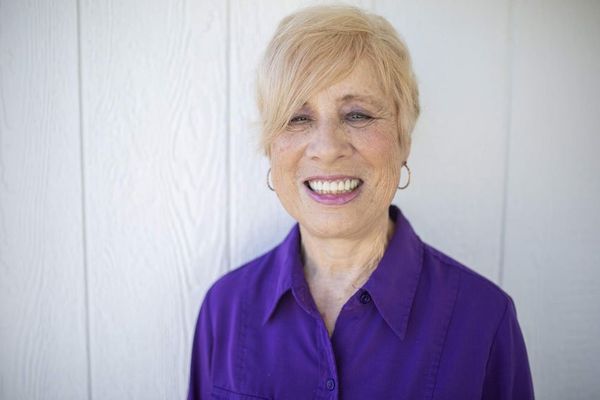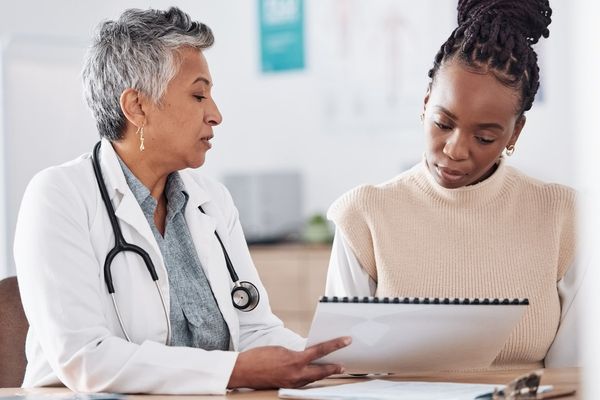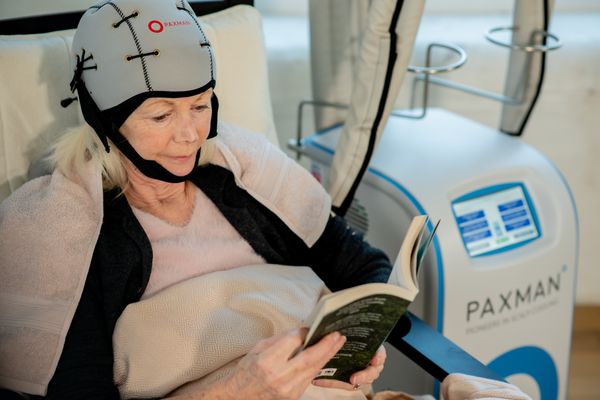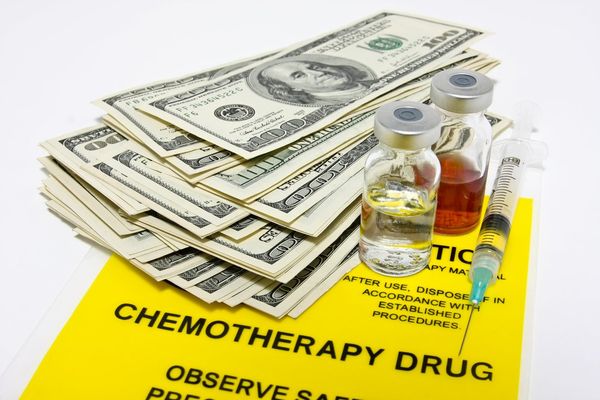Decades of research and improved treatment — along with increased awareness of the importance of early detection — have made it possible for the majority of those diagnosed with cancer to live longer and fuller lives. According to the most recent American Cancer Society statistics, the five-year survival rate for all cancers has risen to a record-high 67%, while the mortality rate from cancer in the United States dropped by 29% from 1991 to 2017.
That's good news by any standard, but as many survivors can attest, their fight against cancer often has lingering effects on their overall health. Cancer therapies increase the risk of heart disease, heightening the need for cardio-oncology, an emerging field in cardiovascular medicine that works to mitigate the effects of cancer treatment on the cardiovascular system.
Cardio-oncologists work with patients who have heart disease or are at risk of developing heart disease before beginning cancer treatment, patients who develop heart conditions while undergoing cancer treatment, and cancer survivors whose hearts have been damaged by chemotherapy drugs and radiation therapy.
Cardiovascular disease is the leading cause of death for women, and rates of cardiovascular disease increase with the onset of menopause (due to reduced estrogen levels) and after breast cancer treatment. This matters because breast cancer is the most common non-skin cancer diagnosis among American women, with one in eight women likely to develop the disease in their lifetime.
The double-edged sword of cancer treatment
Even if you've never had any cardiovascular concerns before your cancer diagnosis, you might still need to see a cardio-oncologist since chemotherapy, radiotherapy and certain targeted cancer therapies can potentially damage your heart.
Cardio-oncologists study the cardio-toxicity of certain treatments and are aware of their potential to increase the risk of heart disease. For example, chemotherapy has been linked to increased episodes of cardiomyopathy (weakening of the heart muscle), arrhythmias, heart attack, stroke, high blood pressure and blood clots.
A cardio-oncologist might offer regular imaging and screening along with blood work during your cancer treatment to check for signs of heart issues, and may alter your treatment as necessary.
If you're diagnosed with cancer and suffer from heart disease or are at high risk for heart disease, a cardio-oncologist will integrate your cancer treatment with your cardiovascular care. Your history of heart disease and risk factors for heart conditions will be considered when your healthcare provider selects the chemotherapy drugs you'll be given and the doses you'll take.
Ask your cardio-oncologist to inform you about the potential effects of chemotherapy drugs and radiation on your heart, and how any issues will be treated during and after your cancer therapy.
Reducing your risk
Make sure to address your heart health during your routine wellness visits so you can address existing issues — regardless of a cancer diagnosis. If you have high blood pressure or high cholesterol, both conditions can be managed through dietary and lifestyle changes, along with medication if needed. In fact, some studies suggest that medications to combat hypertension and high cholesterol can be protective during chemotherapy.
The risk factors for breast cancer and cardiovascular disease are remarkably similar. The two big risk factors that women have some control over are diet and exercise. Other major risk factors include age (particularly being post-menopausal), being overweight or obese, high blood pressure, high cholesterol, a family history of heart disease and smoking.
To lower your overall risk for cancer and heart disease, work on making dietary changes to include more fruits and vegetables, healthy proteins and whole grains, and less salt and saturated fats. Eating a heart healthy diet, such as the DASH diet, that is low in salt and saturated fats and avoiding processed foods, saturated fats and refined sugars can help you lose weight. Other important steps are quitting smoking and following the American Heart Association guidelines for 150 minutes of physical activity each week.
Research shows that women who engaged in exercise routines before their breast cancer diagnosis were much less likely to have cardiovascular issues years after cancer treatment. Because the risk of heart failure, myocardial ischemia (reduced blood flow to the heart), and hypertension are heightened in cancer survivors, these steps are vital.
Working with your cardio-oncologist to take care of your heart before, during and after cancer treatment can help improve your heart health and your quality of life. After surviving cancer, you deserve it.
This resource was created with support from Merck.






